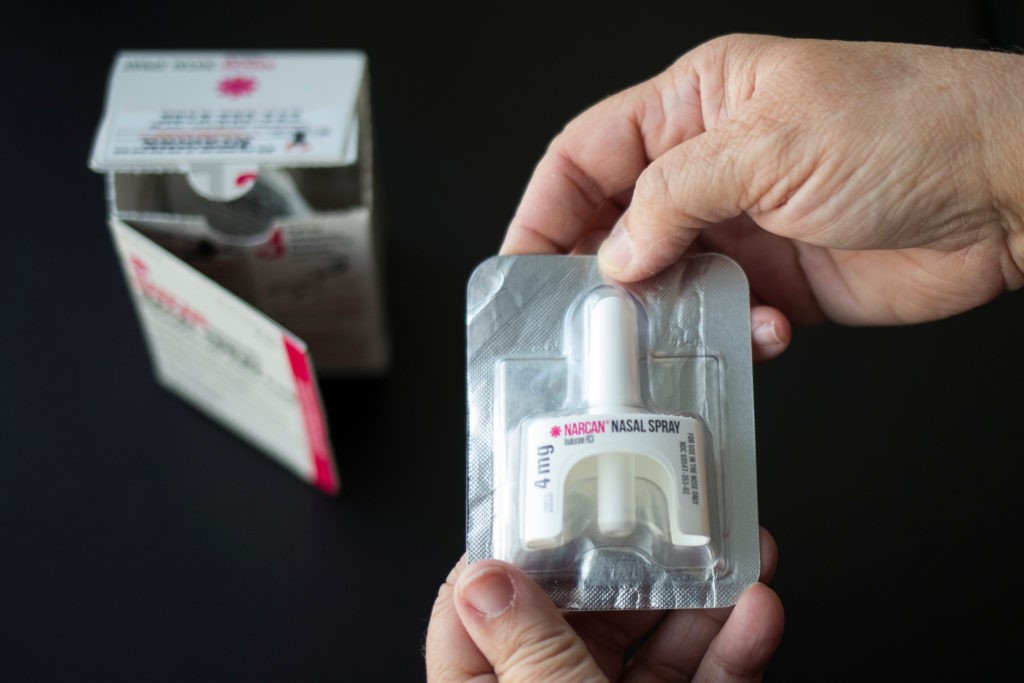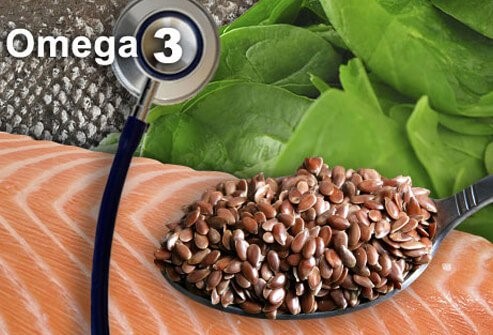Reliance Imperial Pharmacy
News Bulletin
April 2023
OTC Narcan Spray approved by FDA.

Pharmacists can expect OTC Narcan nasal spray to be available by late summer, according to the manufacturer.
Emergent BioSolutions, Inc. explained that it will take that long to make manufacturing changes to support nonprescription packaging, as well as supply chain modifications.
In late March, the FDA approved Narcan (naloxone hydrochloride) 4 mg nasal spray for OTC nonprescription use. It became the first naloxone product approved for use without a prescription.
Naloxone is used to rapidly reverse the effects of opioid overdose and is the standard treatment for opioid overdose. The FDA anticipated that the product would be sold directly to consumers in drug stores, convenience stores, grocery stores and gas stations, as well as online.
Prescription Narcan will remain available during the changeover, and other formulations and dosages of naloxone will remain available by prescription only, the FDA advised.
Emergent BioSolutions noted that Narcan nasal spray was “developed for use in the community setting and more than 44 million doses have been distributed since its launch in 2016. This prescription-to-OTC approval is supported by Human Factors study data, an updated Drug Facts label, pharmacovigilance data collected from various public sources, and seven years of post-marketing safety data.”
The company pointed out that the new OTC product will have the same formulation, device design, and original prescription strength (4 mg), adding that those “are important features and benefits to help counteract the effects of opioids, including fentanyl, in the community setting.”
The FDA said that more than 101,750 reported that “fatal overdoses occurred in the 12-month period ending in October 2022, primarily driven by synthetic opioids like illicit fentanyl.”
Narcan nasal spray was first approved by the FDA in 2015 as a prescription drug. The application to approve Narcan nasal spray for OTC use was granted priority review status at an advisory committee meeting in February 2023. Committee members voted unanimously to recommend it be approved for marketing without a prescription.
The FDA explained that the approval of OTC Narcan nasal spray will require a change in the labeling for the currently approved 4-mg generic naloxone nasal spray products that rely on Narcan as their reference listed drug product. “Manufacturers of these products will be required to submit a supplement to their applications to effectively switch their products to OTC status,” the FDA stated. “The approval may also affect the status of other brand-name naloxone nasal spray products of 4 mg or less, but determinations will be made on a case-by-case basis and the FDA may contact other firms as needed.”



